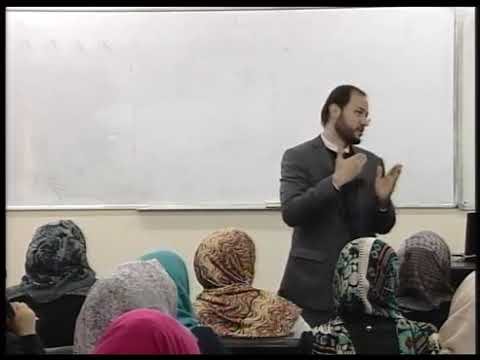Dear Students,
The plan this week was to think about where ideas come from (or, more exactly, to question the notion of ‘ideas’ and ‘coming’ and ‘from’, and to redirect your attention to the simple process of sitting down and doing the work. Listen to the Marlon James interview linked below: “I believe ideas hit you when you’re busy, when you’re in the process of discovering.”). But I got sick, took some time out, and got distracted by a question from a Class Notes subscriber. So we’ll save the question of ideas for next week.
The question was this:
As you suggest in your Class Notes, would it be possible to attend some of your lectures. If so, how would I go about it?
Well.
The short answer to this question is: sorry, no. Lectures and seminars are reserved for students enrolled on the courses here (and paying the fees). I’d love to fling the doors open and welcome all-comers, but we should probably save the rampant marketisation of Higher Education for another day.
What I’m trying to do with these Notes is to at least crack the windows open a little, so that those of you who are not enrolled can at least stand outside and listen in to some of our discussions. (This is a metaphor. Please don’t come and stand outside the windows of the seminar room.)
And I’ll let you into a secret: there are a lot of writers and teachers who are doing something similar. If you’re interested in learning more about writing and reading, and if you understand that there are no Good and Correct ways of approaching writing and reading but rather a huge range of different approaches, then you could very happily assemble for yourself a curriculum of freely available material online. I’ve listed a few suggestions below, but I’m just scratching the surface here. Writers, it turns out, are crazy about telling you what they do all day. Choose a few, and listen in. None of them have the Good and Correct answer; none of them have the secret. Some of them will have some suggestions that make sense for you, and that you can feed into your own writing and reading process.
Storyclub, George Saunders - an email newsletter and all-round writing club: the free version has George thoughtfully answering writer’s anguished questions; the paid version includes detailed analysis and discussion of particular stories.
Craft Talk, Jami Attenberg - an email newsletter, with reflections on progress and with regular structured writing exercises (notably the #1000wordsof summer, a shared exercise supporting people to write 1000 words a day over a fortnight to see what happens).
What now?, Mary G - another email newsletter, with regular writing prompts arising from discussion of a particular aspect of story writing
Or if your email inbox feels full enough, there are podcasts…
A conversation with Marlon James - from the Phonecall with Paul podcast on Lithub
Teju Cole reading Anne Carson - from the often-excellent New Yorker fiction podcast
And of course there is reading to be done. The ‘craft and criticism’ section on Lithub is one starting point, and this essay – Is “Show Don’t Tell” a Universal Truth or a Colonial Relic? by Namrata Poddar – is particularly valuable.
You can also find, all over YouTube, readings and interviews and talks and lecture series by writers and teachers. I’d like to draw your attention to one in particular.
This lecture is the first in a series by the writer and academic Refaat Alareer. It’s an excellent introduction to English Literature, covering the roots of English writing and placing them in the context of their religious, political, and colonial histories. It’s well worth watching, and following the series through.
This lecture was given in 2018, in the English Department at Islamic University, Gaza.
On 6th December 2023, Refaat Alareer was killed, along with several members of his family, in an Israeli military missile strike on the apartment where he was staying. The world’s literary community lost an important and valued colleague. The university has since been destroyed by the Israeli military. The destruction and the killing continues. Sarah Champion MP, chair of the UK Parliament International Development Committee, recently returned from a visit to the Egyptian crossing point into Gaza, and said that: “Nothing that has been reported braces you for the true scale of the horror in Gaza. We’re simply not getting accurate information about the levels of destruction and brutality.”
Sometimes we can write, sometimes we can read. Sometimes all we can do is listen.
You can donate to the United Nations Relief and Works Agency here. You can support the call for a ceasefire here. And you can read more about the life and writings of Refaat Alareer here.
1 The title of this week’s notes comes from Refaat Alareer’s final poem, ‘If I Must Die.’


